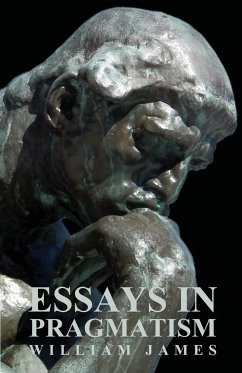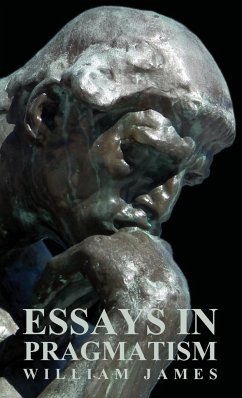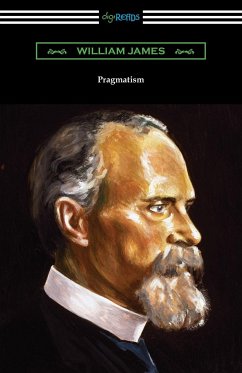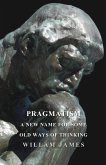This antiquarian volume contains Henry James's seminal philosophical treatise, 'Essays in Pragmatism'. The ideas outlined within this text underpin James's work, and are key to understanding the mind of this most important of philosophical thinkers. The volume will be of considerable use to the student of philosophy and those with a keen interest James's work, and it is a veritable must-have for collectors of important philosophical writings. The chapters of this book include: 'The Sentiment of Rationality', 'The Dilemma of Determinism', 'The Moral Philosopher and the Moral Life', 'The Will to Believe', 'Conclusions on Varieties of Religious Experience', 'What Pragmatism Means', 'Pragmatism's Conception of Truth', and more. William James (1842 - 1910) was an American philosopher, psychologist, and trained physician. He is hailed as one of the most influential philosophers the United States has ever produced. We are republishing this book now complete with a specially commissioned biography of the author.
Hinweis: Dieser Artikel kann nur an eine deutsche Lieferadresse ausgeliefert werden.
Hinweis: Dieser Artikel kann nur an eine deutsche Lieferadresse ausgeliefert werden.








